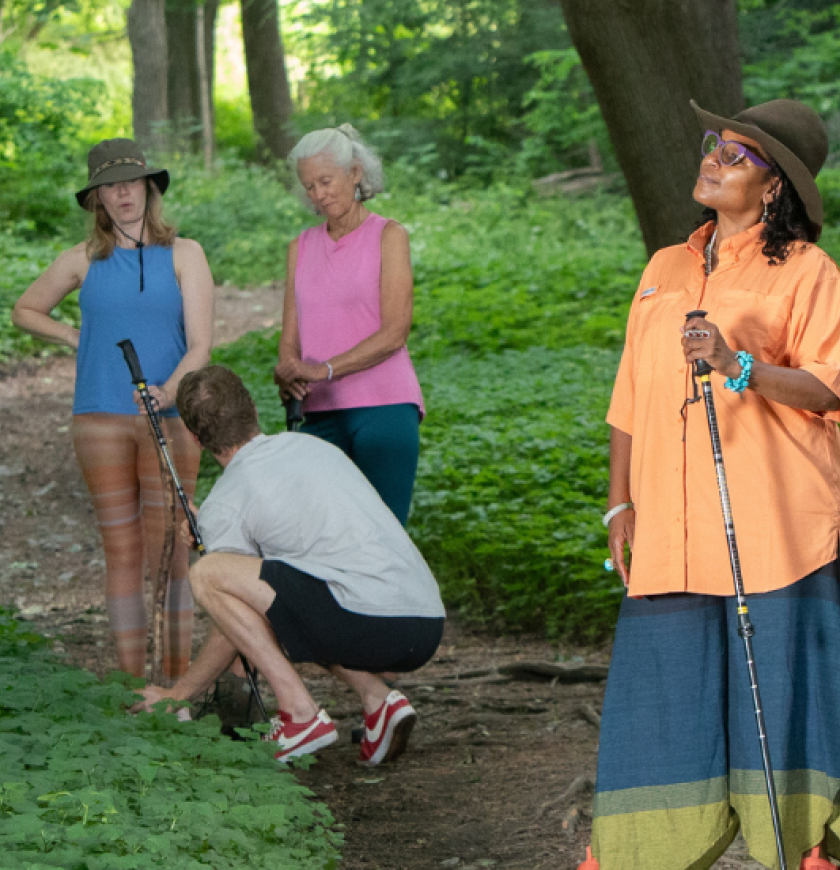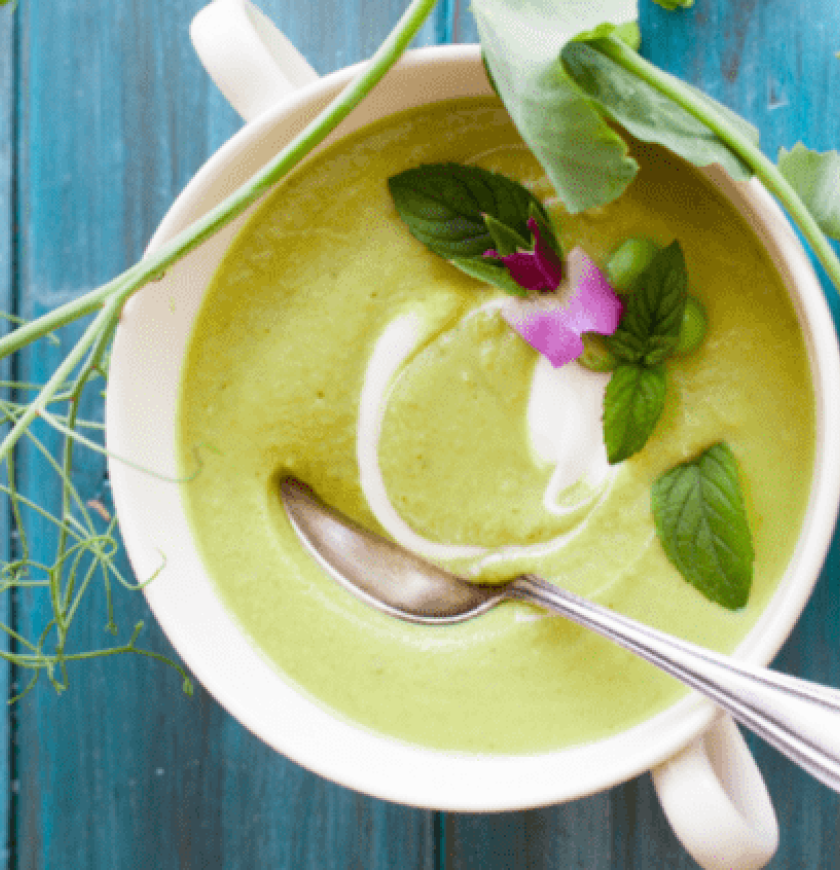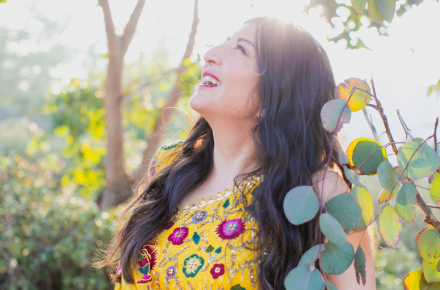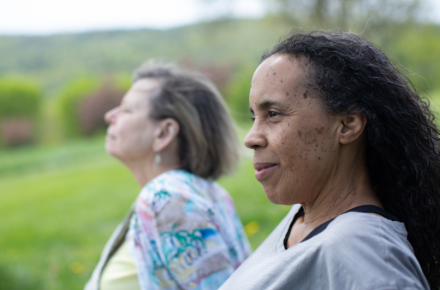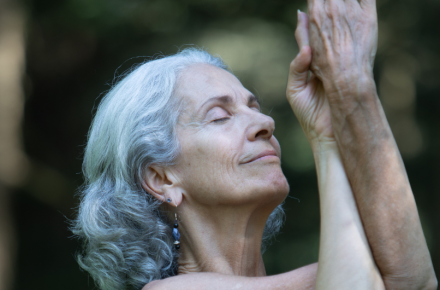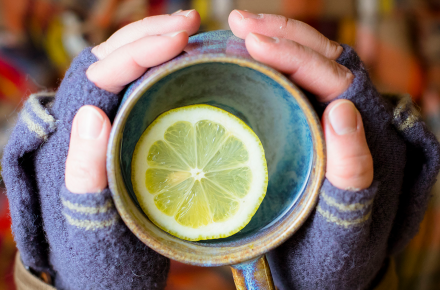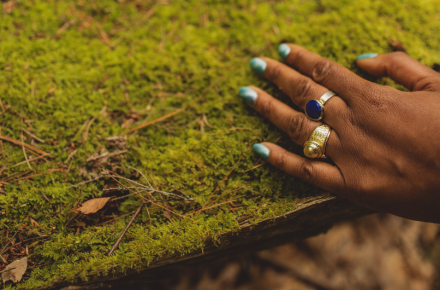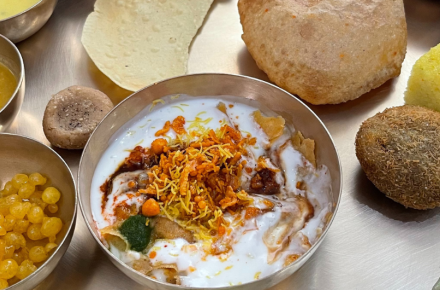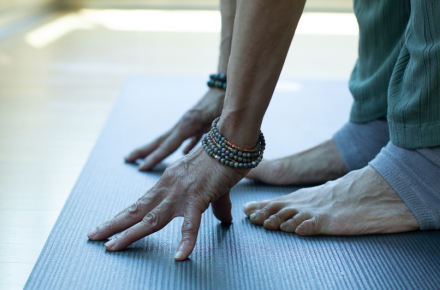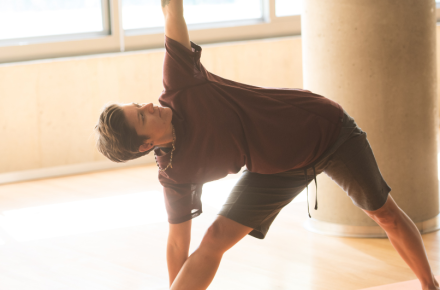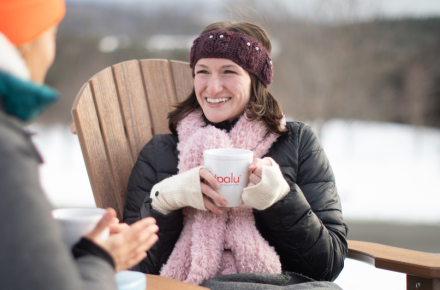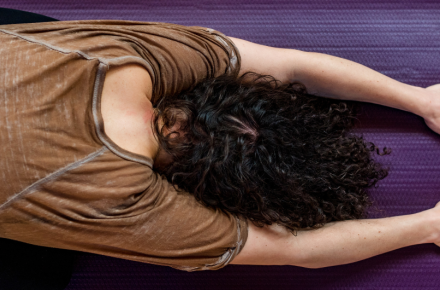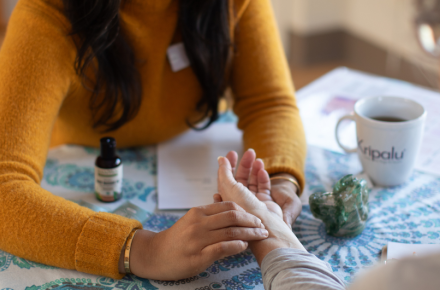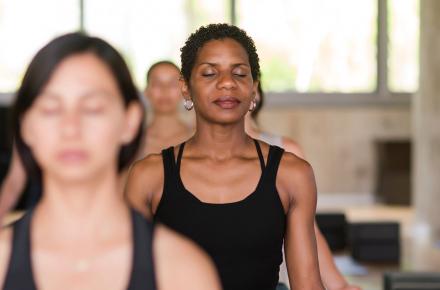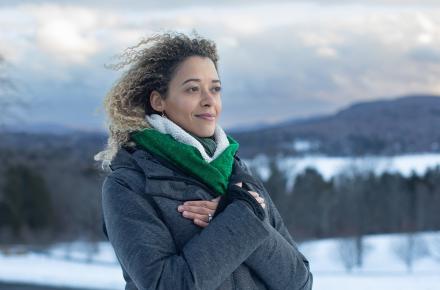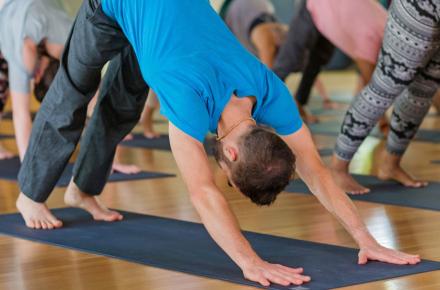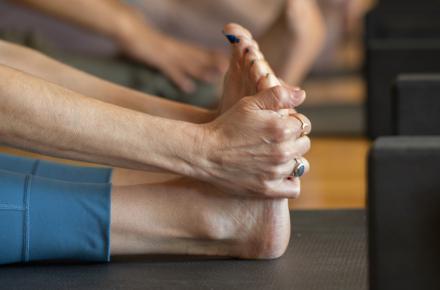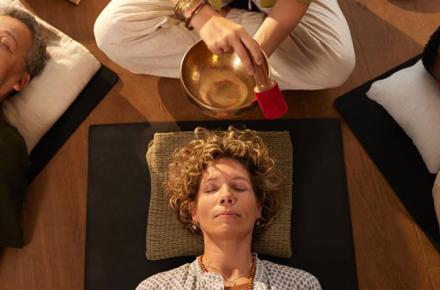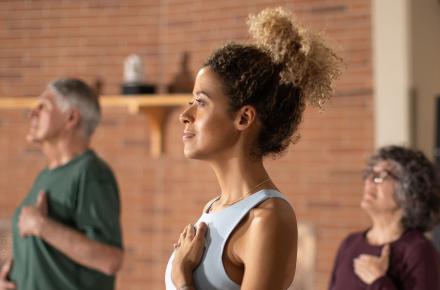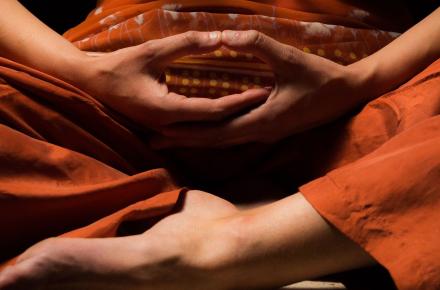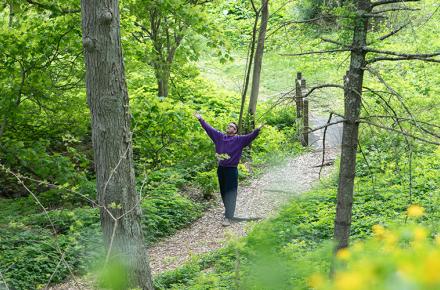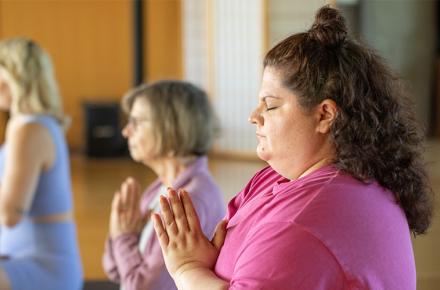Aging Gracefully with Ayurveda
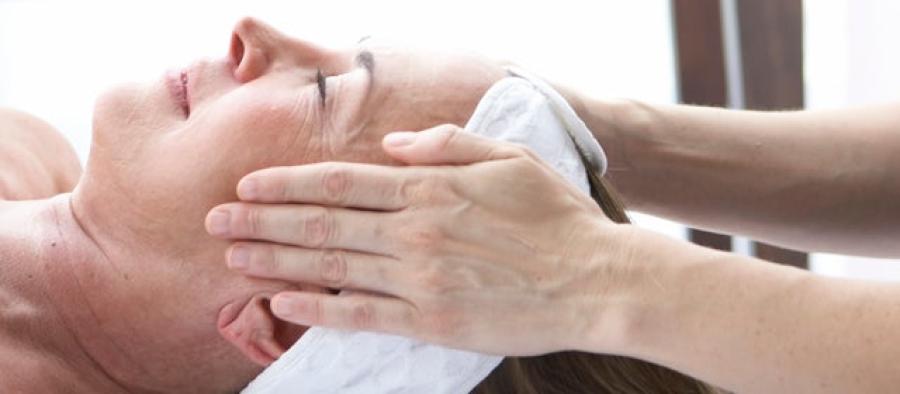
We’re a nation obsessed with youth. Even if you’re not actively trying to look like you did 10 years ago (or even one year ago), chances are you want to at least feel, and possibly think, younger. Who doesn’t?
“There seems to be a point where people realize that their previously youthful bodies—and minds—are changing, and they want to get back to where they were,” says Hilary Garivaltis, founder and former Director of the Kripalu School of Ayurveda and now a frequent Kripalu presenter. That’s normal. What isn’t normal—or needn’t be—is the notion that aging has to be filled with inevitable aches and pains. “We shouldn’t expect that we’ll get old and decrepit and that our bodies should hurt,” says Hilary. “We don’t need to suffer inordinately. That’s not necessarily the reality of aging.” Not according to Ayurveda, anyway.
The truth is that our bodies do break down as we get older—that’s fact. As the synovial fluid in the joints starts to wear thin, our bodies become more brittle, causing friction and pain. Bones, joints, and organs are more delicate. In Ayurveda, this also means an excess of vata, the dosha that governs movement in the body. Too much vata can mean dryness, exhaustion, and excessive coldness. As we age, we collect more vata; as such, age prevention, Ayurveda-style, is about managing vata and restoring doshic balance. And the earlier the better: One study found that starting to use preventive Ayurvedic treatments and principles during late youth or middle age may help reduce the incidence of health problems later on, while also increasing life span.
“We can predict a certain amount of things given our constitutions, and act accordingly,” says Hilary. “For example, my body has joint breakdown tendencies. I’ve taken on some practices to compensate, and my joint issues have been nonexistent. But as I get older, that could be the weakness that I have to manage most.” The more we recognize and learn to manage our weaknesses now, says Hilary, the better off we’ll be 10 or 20 (or more) years down the line.
The best time to consider your own challenges and imbalances, says Hilary, is during transitions—new stages of life, new seasons. But it’s important to monitor how you feel every day and adjust accordingly, knowing that—if left unaddressed—those symptoms will only be compounded by age. “In Ayurveda, we’re always talking about longevity or better well being,” says Hilary. “We’re always striving to find more harmony and balance, and that means paying attention to how you feel on a daily basis.” A few places to start:
Turn off the TV (or computer): Most issues related to memory and focus, at any age, have to do with a vata imbalance, says Hilary, often caused by modern technology. Our lifestyle has largely caused our brains to be unsteady and unfocused,” says Hilary. “Try backing out of that and see if your memory improves in the short-term.”If it does, chances are your long-term cognition will also benefit from a regular break from all kinds of technology.
Watch the caffeine. As we age, we tend to rely more on stimulants like caffeine and sugar, even if it’s unrefined, to get us through out day. But as we get older, caffeine becomes harder to manage and can have the opposite of its intended effect, leaving us sluggish, foggy, and tired. Remove the daily cup of coffee and watch what happens: How does not having it make you feel and think?
Look at your habits. Can you sit in silence or are you always looking for stimulation? Is it possible for you to eat a quiet meal without talking to a friend, reading the paper, or listening to music? Is your daily life filled with lots of noise? Try minimizing and modifying. “Learning to sit quietly, meditate, go out in nature and observe are things that can calm the mind and improve the ability to focus,” says Hilary. Repetitious mantras or focused work on one thing—like knitting or yoga asanas—can also bring the brain back to a more youthful level of functioning. You’ll see improvements now—and later, too.
Find out about upcoming programs with Hilary Garivaltis at Kripalu.
© Kripalu Center for Yoga & Health. All rights reserved. To request permission to reprint, please e-mail editor@kripalu.org.

